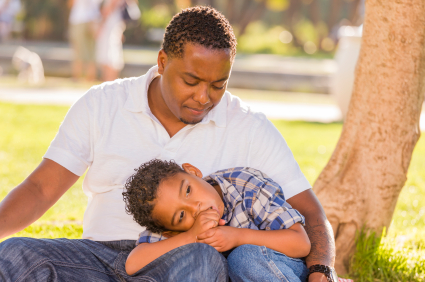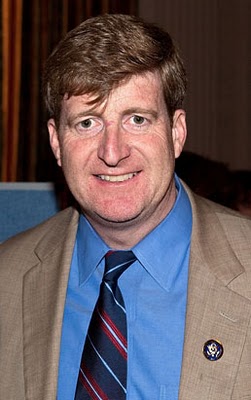Mental Health Care Parity Ruling Announced
In 2013 we described a speech given by Congressman Patrick J. Kennedy about the need for parity in care for people with mental illnesses. In late 2013, Health and Human Services Secretary Kathleen Sebelius issued a final rule on the Mental Health Parity and Addiction Equity Act of 2008, effectively requiring that health insurance coverage for mental health and substance abuse treatment be comparable to coverage of physical ailments.
The rule was prompted in part by mass shootings that were linked to mental health patients. Sebelius announced the new rule at a press conference with former first lady Rosalynn Carter, who has been a supporter of mental health research for decades.
According to the New York Times, state insurance commissioners will need to enforce the new rule, and more money may be required to fund behavioral health clinics.
This historic milestone may allow patients to get medical care they had previously been unable to afford.
Treatment Research Needs More Advocacy
Among the hundreds of posters, workshops, clinical perspectives, and symposia presented over five days at the 2013 meeting of the American Academy of Child and Adolescent Psychiatry (AACAP), there were almost no posters or presentations on new approaches to treatment (either with drugs or therapy) for children with bipolar disorder.
As we have repeatedly emphasized in the BNN and in research publications, this deficiency has adverse consequences for the many hundreds of thousands of children and adolescents in the US with unequivocal diagnoses of bipolar disorder. Suicide is now the second leading cause of death in adolescents 13 to 17 years of age in the US. Most of these young people have a mood disorder. Bipolar disorder carries with it not only a substantial risk of suicide, but also the potential for a lifetime of dysfunction, disability, and medical comorbidity if it is inadequately treated.
Please advocate for more treatment research for childhood onset bipolar disorder. A whole generation of children, their parents, and their physicians desperately need more treatment information.
Congressman Patrick Kennedy Says Parity in the Treatment of Mental Illnesses Is Needed
At the 10th International Conference on Bipolar Disorders in 2013, Congressman Patrick J. Kennedy addressed the combined audience of the Depression Bipolar Support Alliance (DBSA) and members of the International Society of Bipolar Disorders. He gave an inspiring speech about de-stigmatizing advocacy, and the need to have a unified message that promotes parity in the care of mental illnesses and physical illnesses. He suggested that mental disorders should be compared to heart attacks, with the mantra, “We want no more, and we should demand no less.”
Kennedy revealed his own dual diagnosis of bipolar disorder and alcohol abuse and the need to come out of the shadows, such as the basements of churches where people seeking treatment from Alcoholics Anonymous all too often remain unknown and anonymous.
Kennedy framed the issue of parity in the care of mental illnesses as a new civil rights battle. People with mental illness have been grossly discriminated against, stigmatized with derogatory epithets, and treated with indignity in the past. He stressed the need for all to advocate not so much for themselves, but for others, and to join in community to solve our current problem of isolation and alienation.
Kennedy indicated optimism for the parity mission and suggested that a good way to achieve it would be to join forces with another isolated group of young people—veterans returning from Iraq and Afghanistan. While many veterans return with brain injuries and post-traumatic stress syndrome (PTSD), seventy-two percent of veterans never go to the Veteran’s Affairs hospitals, many are ignored, and too many are locked up in prisons. Kennedy called them “prisoners of their war injuries” and “walking prisoners of war.” Twenty-two die each day by suicide.
Kennedy said we in the mental health community must stand with them and their hidden brain injuries. They are wounded, but they never receive a purple heart. He quoted a speech his uncle Robert F. Kennedy gave in Cape Town, South Africa in 1966 before anyone thought that apartheid would end. “It is from numberless diverse acts of courage and belief that human history is shaped. Each time a [person] stands up for an ideal, or acts to improve the lot of others, or strikes out against injustice, [that person] sends forth a tiny ripple of hope, and crossing each other from a million different centers of energy and daring, those ripples build a current that can sweep down the mightiest walls of oppression and resistance.”
In the mental health community we need each other and can’t afford different messages or fragmentation. Mental health advocates joining with veterans and their search for good care will be our salvation, as will our connectedness, togetherness, mutual respect, and these will yield solutions for both groups.




